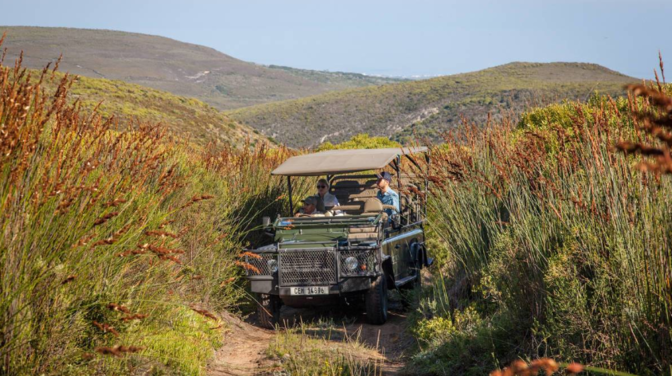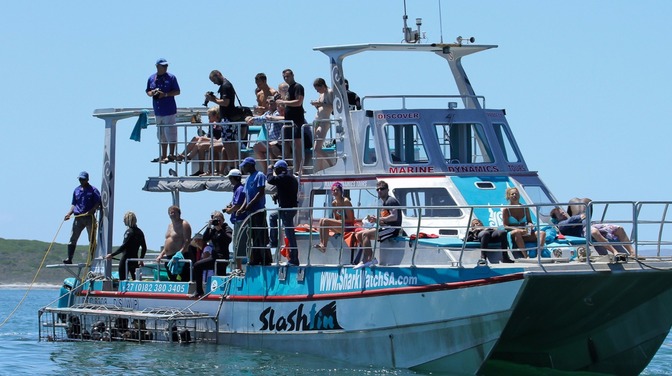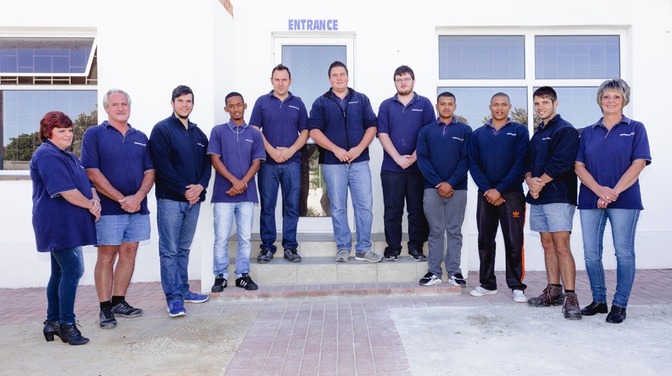The government is encouraging sustainable abalone farming following the release of a discussion document on South Africa’s fisheries. The document showed that not much economic analysis has been done about the industry and that they have difficulty maintaining sustainable usage of the country’s fishing resources.
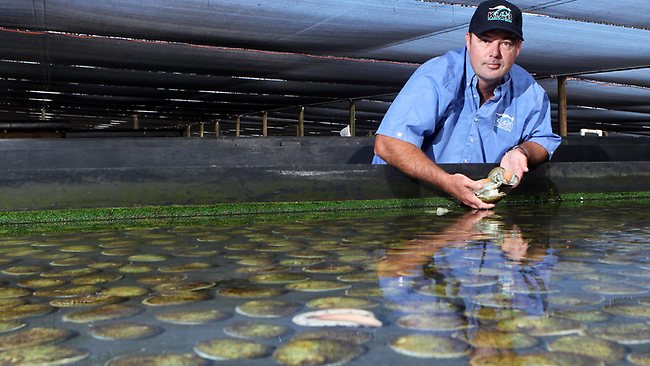
The government also acknowledged the importance of sustainable farming to help the development of South Africa’s aquaculture industry. It should come as no surprise to us that it has been estimated that wild abalone in South Africa will very soon be extinct. Years of poaching has depleted the abalone populations of South Africa’s coasts, but the main cause is due to overfishing because of growing market demands in Asia.
The biggest concern with the harvesting of abalone is that there are no size specifications set for the market. Thus the young abalone have not yet reached sexual maturity and had the chance to breed before they are harvested.
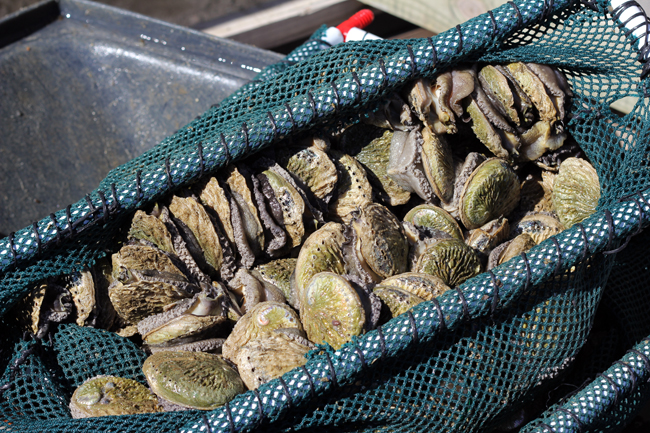
![]()
A local abalone farm, HIK Farm is aimed at researching and promoting sustainable abalone farming along with social upliftment. The farm began operating in 1997 and has since been seen as a leader in abalone aquaculture and the development of the aquaculture industry. They strictly adhere to the specific permit regulations and pride themselves in farming the abalone under tightly regulated conditions. Their innovative farming has grabbed the attention of community, shareholders and government alike. Let us put an end to abalone poaching and build up a sustainable future for generations to come.
Related articles:

